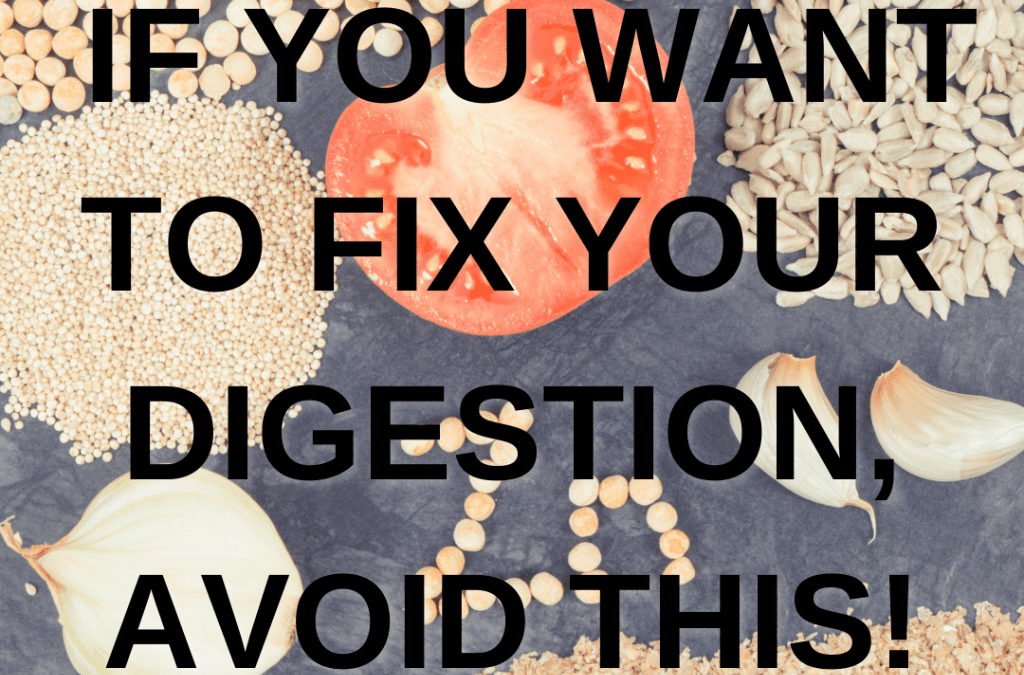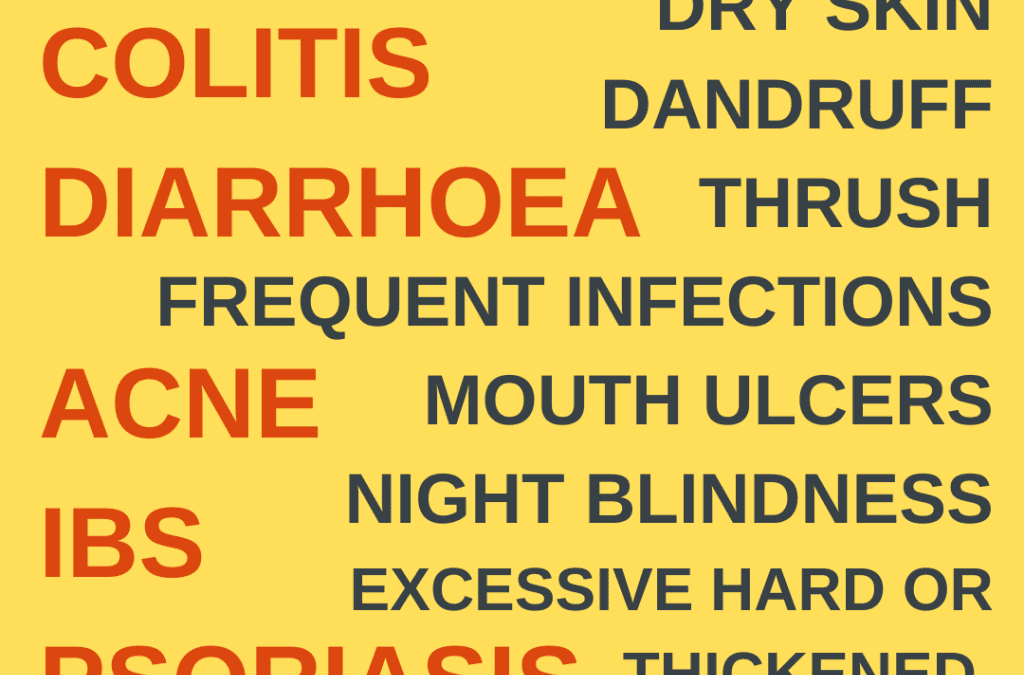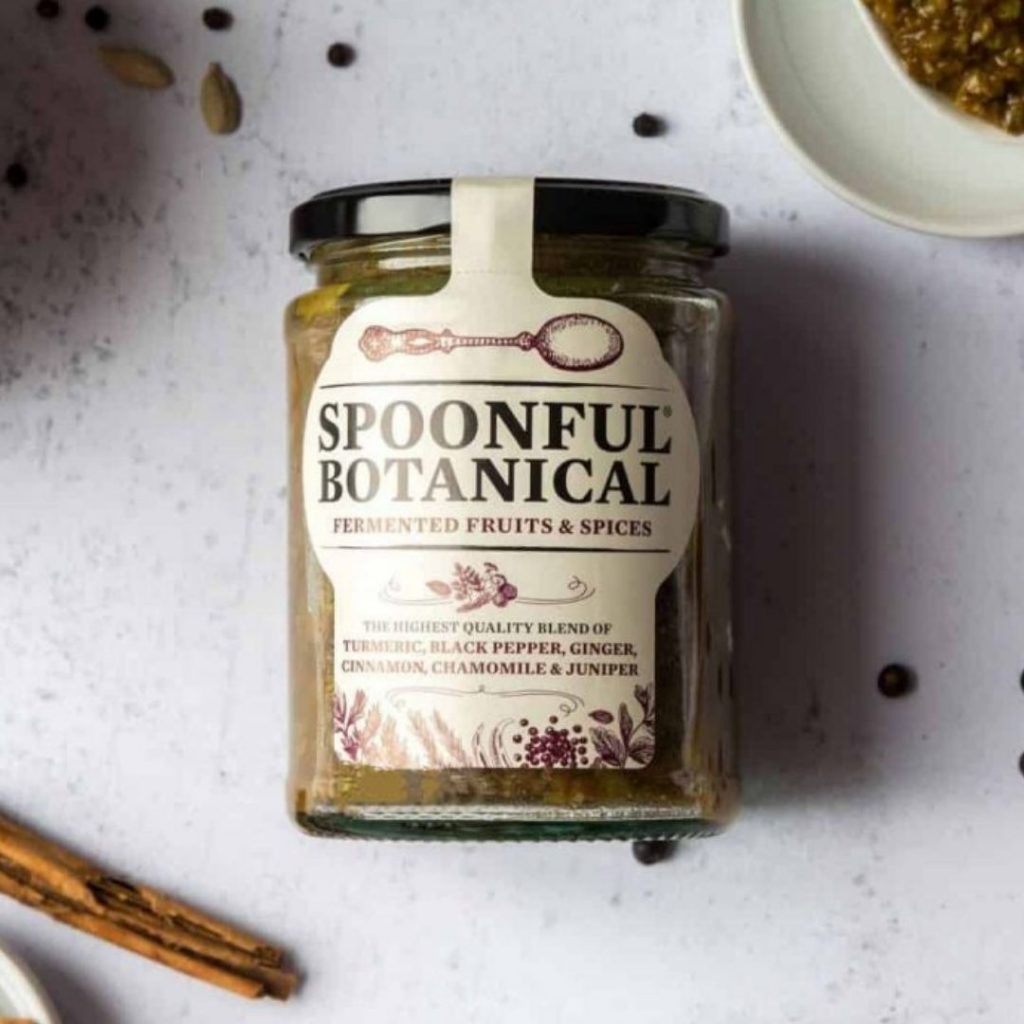Gluten sensitivity can be as serious as coeliac. It affects any part of the body but the biopsy will always be negative.
It used to be thought that coeliac disease was primarily a disease of the small intestine. It is in fact a life-long auto-immune condition where the body attacks its own tissues if it is exposed to gliadin gluten. Joint tissue, bones, your thyroid and even your brain can be affected. Gliadin is the form of gluten found in wheat, rye, barley, spelt, triticale (and oats contaminated with any of these).
When a biopsy shows severe damage (villous atrophy) to the lining of your small intestine this confirms a medical diagnosis of coeliac disease. It often takes 40 or 50 years for this almost total destruction of the lining of the gut to take place. Until the destruction is complete, a medical diagnosis of coeliac disease will never be made.
At the 2011 US National Coeliac Symposium experts agreed that non coeliac gluten sensitivity exists and can have profound effects on all aspects of health.
When the body attacks your gut in response to eating gluten this is called coeliac disease. Where the body attacks not your gut but other tissues in response to eating gluten this is called non-coeliac gluten sensitivity. Gluten damages the gut in everybody for several hours, making it leak. But for coeliacs and non-coeliac gluten-sensitive folk the effects lasts up to 180 days.
The brain seems to be particularly vulnerable [1] in coeliac disease and also in non coeliac gluten sensitivity. Most coeliacs who present with neurological symptoms of gluten sensitivity (e.g. schizophrenia, depression, epilepsy) have no digestive symptoms [2]. Most coeliacs remain undiagnosed because there are no obvious digestive problems [3] – for every symptomatic patient with coeliac disease (CD) there are eight patients with CD and no gastrointestinal symptoms [4]. Age of diagnosis is usually over 40. The incidence of diagnosed coeliac disease in Ireland is 1 in 100 – the true figure of sufferers is higher. According to the University of Chicago Celiac Disease Centre 97% of the estimated 3 million American coeliacs are undiagnosed. How much higher must be the number of people with non coeliac gluten sensitivity whose health is being destroyed by eating gluten?
A study undertaken in the USA showed that the majority of coeliac patients had visited 5 or more doctors prior to diagnosis. It had taken an average of 5 to 10 years, after initial presentation, for Coeliac disease to be diagnosed .
Your small intestine contains millions of villi. These are tiny finger-like projections that increase the surface area of the gut so nutrients can be absorbed. Think of the villi as being like the shags on a shag pile carpet. The villi are crucial for nutrient absorption and for keeping undigested food and pathogens from entering your bloodstream. The end point of coeliac disease is where the villi are totally destroyed, causing severe nutrient deficiencies and more. Remember, coeliac disease is where you see damage in the gut. Non-coeliac gluten sensitivity is where damage occurs not in the gut, but in other locations in the body as a result of eating gluten.
If you have a family history of auto-immune conditions or coeliac disease then you are much more likely to have a serious problem with gluten.
Some health conditions occurring more frequently in coeliac patients:
- Allergic disorders e.g. asthma, eczema
- Auto-immune thyroiditis (Grave’s, Hashimoto’s disease)
- Auto-immune liver disorders (e.g. hepatitis, non alcoholic fatty liver)
- Cardiovascular disease and idiopathic cardiomyopathy
- Chronic fatigue (often the only symptom in gluten-sensitivity)
- Dermatitis herpetiformis
- Epilepsy
- Gallstones [6]
- Haemochromatisis [7]
- Hair loss (unexplained)
- Inflammatory bowel disease (Crohn’s and Colitis)
- Joint and connective tissue diseases
- Mental health issues: anxiety, depression, Tourette’s, schizophrenia
- Lymphoma (non-Hodgekins)
- MS
- Nephritis (inflammation in the kidneys)
- Nutritional anaemias
- Osteoporosis
- Pancreatitis8
- Psoriasis
- Rheumatoid arthritis
- Sjogrens syndrome
- Type 1 diabetes
Autoimmune disease occurs 10 times more often in coeliacs and gluten-sensitive people than in the general public [9]
Multiple studies suggest that patients with coeliac disease should be treated, whether or not they have symptoms or associated conditions [10].
Coeliac patients who eat even small amounts of gliadin gluten destroy more and more of the small intestine. After a year on a totally gluten free diet, extensive recovery of the villi in the small intestine is usually possible. Even microscopic amounts of gluten (e.g. from toasting gluten free bread in a toaster used for wheat bread) will slow or stop the recovery process. It takes up to 6 months for the negative effects of eating gluten just once to die down.
Current Testing Gives Many False Negatives
The first 4 of these tests can confirm Coeliac Disease but not necessarily rule it out:
1. IgA anti tissue transglutaminase antibody – coeliacs will not always show a positive result though a positive result means that a patient is definitely coeliac or gluten sensitive. Coeliacs can still produce a negative result in this blood test if the damage to their villi is not yet severe [11]. Also, if the patients production of secretory IgA is low because of low immunity, the test may be negative. Doctors sometimes tell people their immune system is reacting to gluten but if the biopsy is negative they tell them to eat gluten. This is unsafe if the immune system is reacting to gluten.
2. IgA anti endomysial antibodies (antibodies against your own endomysium, the “cling film” that protects your villi and other structures throughout the body. If the villi are not severely damaged this test may show up negative even if you are coeliac. One study evaluating Endomysial antibodies showed that the sensitivity of this marker was 100% in patients with total villous atrophy, but the value plummeted to 31% in patients with coeliac disease who had partial villous atrophy [12]. Similarly to the anti tissue transglutaminase antibody test, if the patient has immune difficulties and their secretory IgA levels are low, the results will show negative for IgA anti-endomysial antibodies.
3. Intraepithelial lymphocyte count (IEL) – this should always be done as part of a small intestine biopsy. Increased intraepithelial lymphocytes predict total atrophy (destruction) of the villi13, which is the end point of coeliac disease. Intraepithelial lymphocytosis was found to be more reliable in detecting gluten sensitivity than the endoscopic appearance (biopsy) of small bowel mucosa14. This test is crucial if you are having a biopsy. However, it does not seem to be available in Irish hospitals.
4. Small intestine biopsy – this is a tiny snip of the small intestine taken during a colonoscopy while you are sedated. The sample is examined under a microscope to see if there is “total villous atrophy” (extensive damage to the villi). It’s important to remember that it may take many decades for a coeliac person to accumulate enough visible intestinal damage to warrant a positive result in biopsy.
5. Anti-gliadin antibodies – this test is desirable though not on its own diagnostic as gliadin intolerance is relatively common and does not mean the patient is necessarily coeliac (i.e. showing damage to the lining of the gut). However, a positive result can contribute to a range of health conditions, including digestive symptoms, damage to the villi and a host of autoimmune conditions. Bear in mind that the hospital tests check only antibodies to gliadin 33-mer, one of the proteins in the family of gliadin glutens. Unfortunately the standard hospital tests do not check for antibodies to other components of gliadin such as alpha gliadin 17 mer, gamma gliadin 15 mer, or glutenenin, which are markers for gluten sensitivity.
6. Genetic Testing (Laboratoire Reunis) – There is at last a non-invasive, reliable and relatively inexpensive test that can can tell you if you are genetically predisposed to be gluten sensitive or coeliac. If you carry the HLA DQ2/HLA DQ8 gene then you are genetically predisposed to coeliac disease. Actually starting to react against gluten can be triggered by a number of factors. Causes could include poor diet, vitamin D and zinc deficiency, stress, an infection, ageing, or taking medications that damage the intestines (e.g. aspirin, paracetamol, and ibuprofen). If you do not have the HLA DQ2/8 genes you cannot have CD but you CAN have non coeliac gluten sensitivity, which can be equally severe. The test, if negative, rules out CD but not non-coeliac gluten intolerance. This can be a great test for someone that does not know if they are coeliac but has been gluten-free for a long time. It’s also useful for a child with a family history of coeliac disease/autoimmune disease, to see if a gluten-free diet is critical. All people with the genes for coeliac disease should avoid gluten. All you do is provide a sample of your saliva and the laboratory does the rest. Irish/UK hospitals do not yet have this test at their disposal but it is available from myself since June 2013.
7. Array 3: Wheat/gluten proteome reactivity and autoimmunity (Cyrex Laboratories) – This is one of the latest, most sophisticated tests for gluten sensitivity and coeliac disease. Irish hospitals test your blood serum for antibodies to Gliadin 33-mer but other components of gluten can trigger equally severe harmful immune reactions in your body. These other fractions of the complex of proteins collectively known as gluten include alpha gliadin 17-mer, gamma gliadin 15-mer and glutenins. These are NEVER tested in hospitals here. Cyrex laboratories tests your blood serum sample for antibodies to 24 fractions of gluten and wheat. Antibodies that can trigger massive health problems. You may well be gluten sensitive, not reacting to gliadin 33-mer but reacting strongly to alpha gliadin 17-mer, for example. This way, the standard tests will not pick up on the problem. Since August 2014 Cyrex tests are available through myself. Simply ring me to discuss.
8. Array 4: Gluten-associated cross-reactive foods and foods sensitivity (Cyrex Laboratories) – If you already know you have a severe problem with gluten, follow a gluten-free diet and lifestyle and yet are not in great health this test is worth considering. There are a number of foods with components (proteins) that are similar to gluten. Your immune system can “mistake” them for gluten and behave as if you had eaten gluten. For example, as stated earlier on, 50% of coeliacs have a problematic immune reaction to corn. If these people eat corn, their body mounts an immune attack similar to what would happen if they ate gluten. Therefore they may not see the improvements they would like on a gluten-free diet. This gluten cross-reactivity panel is immensely valuable for people with gluten-associated health problems. If you would like to more information on this and other Cyrex tests, please don’t hesitate to give me a ring.
9. Secretory IgA (SIgA) testing (Genova Diagnostics) – this saliva test checks if your body is making enough of a very important antibody needed for respiratory and gut health. SigA is an antibody produced in large amounts in the mucous membranes of your body – lungs, mouth, throat, gut etc. Its job is to help protect you against infectious agents that you swallow or inhale. If, for some reason, you do not make enough of this antibody then you may get negative test results from Cyrex Arrays or any IgA related blood tests (for example those done at the hospital. Symptoms of low SigA often include frequent respiratory or ear infections, autoimmune diseases, gastro-intestinal infections or chronic diarrhoea. Some people with low SigA have no symptoms. Ideally, Secretory IgA testing would be carried out before or in conjunction with Array 3 or the standard coeliac tests carried out by hospitals.
If testing is not possible for you, a simple elimination challenge diet can be life-changing.
Need help?
Whatsapp 087 9816666 to book your free 15 minute zoom health strategy call.
Coeliac Disease and Oats
Oats contain avenin, a different type of gluten from gliadin. However oats are usually included in the list of banned foods for coeliacs. This is because oats are co-cultivated or harvested using the same equipment as wheat and so are often contaminated with traces of wheat and therefore gliadin gluten.
Coeliac Disease and Milk
Most coeliacs are lactose intolerant. Lactase (the enzyme that helps digest the naturally occurring sugar in milk, lactose) is produced at the tips of the villi (in the small intestine). The villi are worn away in coeliac disease if the patient consumes gliadin gluten and therefore lactase cannot be produced. So digesting lactose becomes impossible.
Coeliac Disease and Corn
Maize (corn) is not good for a gluten-free diet. Maize is one of the low-quality alternatives to wheat used in a gluten-free diet. But scientists at the university of Milan say this has to be reconsidered. They have discovered that maize prolamines (zeins) contain amino acid sequences resembling troublesome wheat gluten peptides do survive digestion and can cause problems to coeliacs [15].
Gluten can be found in shampoos, suncreams, skin lotions and cosmetics (including mascara) and will be absorbed through the skin into the bloodstream.
CITATIONS
[1] Kieslich et al. Brain White-Matter lesions in Celiac Disease: a prospective study of 75 diet-treated patients. Pediatrics Vol.108 No 2, Aug 2001
[2] Hadjivassiliou et al. Gluten Sensitivity: From Gut to Brain. Lancet Neurol 2010; 9: 318–30
[3] BMJ vol 319 July 1999. 326-329.
[4] Fasano and Catassi. Current approaches to diagnosis and treatment of coeliac disease: an evolving spectrum. Gasteroenterology 2001: 120: 636-651
[5] Kumar,V, American Coeliac Society, Nov.9,1996
[6] Hepatology 46:5. 2007.
[7] Hepatology 46:5. 2007.
[8] Hepatology 46:5. 2007.
[9] Green et al. Mechanisms underlying celiac disease and its neurologic manifestations. CMLS. Cell Mol. Life Sci. 62 (2005): 791-799
[10] New Engl Jour Med 348. 25 June 19. 2003.
[11] N Engl J Med Oct.23 2003,1673-4
[12] N Engl J Med Oct.23 2003,1673-4
[13] Salmi et al. Immunoglobulin A antibodies against Transglutaminase 2 in the small intestinal submucosa forthcoming coeliac disease. Aliment Pharmacol Ther 24, 541-552
[14] Memeo et al. Duodenal intraepithelial lymphocytosis with normal villous arthitecture: common occurrence in H. pylori gastritis. Modern Pathology (2005) 18, 1134-1144
[15] Cabrara-Chavez F et al, Maize Prolamins Resistant to Peptic-tryptic Digestion Maintain Immune-recognition by IgA from Some Celiac Disease Patients. Plant Foods Hum Nutr. 2012. epub Feb 2








